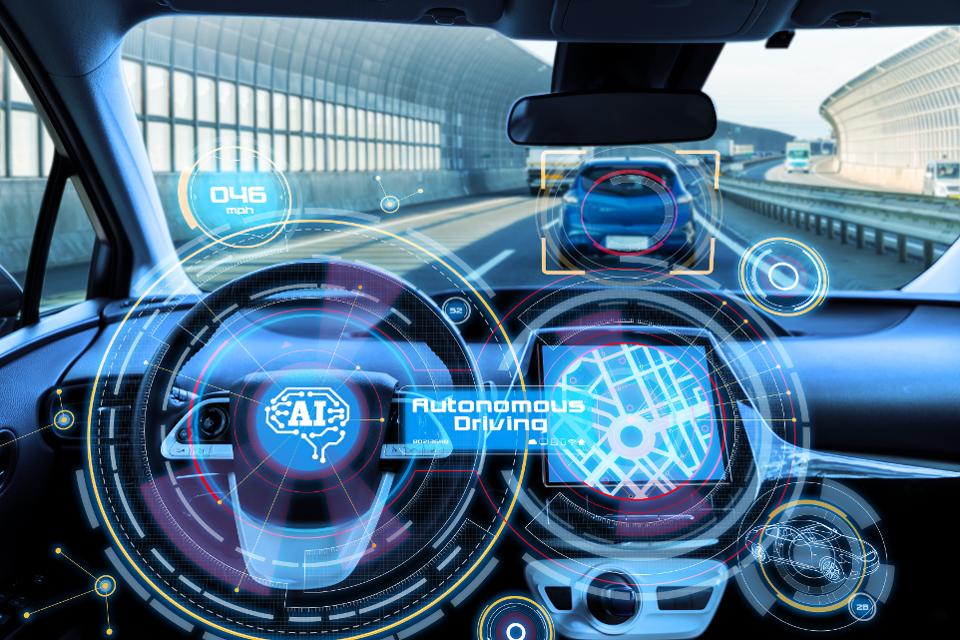High Tech Cars Miss the Mark
Tech execs and auto company leaders are becoming increasingly pessimistic about the future of AVs—and they are far less sanguine about electric vehicles (EVs) as well—because the raft of rosy projections in recent years have not even remotely come true.
They have been nothing more than “hypothetical scenarios,” said Eric Meyhofer, head of Uber’s Advanced Technologies Group, about that company’s predictions that it would manufacture up to 75,000 autonomous vehicles by 2019 and that in 2022, tens of thousands of fully self-driving Uber taxis would be in 13 of the largest cities.
Executives of big and small auto manufacturers are becoming increasingly pessimistic about the future of AVs—and they are far less sanguine about electric vehicles (EVs), reports FastCompany.
In 2010, J.D. Power and Associates predicted that within a decade, global hybrid and EV annual sales would top five million units. The EV segment is nowhere near that goal and, if anything, is retrenching. In the first quarter of this year, about 92,000 plug-in cars were sold in the U.S., down from over 100,000 in the prior quarter. Tesla, the number-one player in the EV market, saw its global unit sales fall more than 30 percent, and the company is rapidly burning through cash, drowning in debt, laying off workers, and struggling to survive.
Sales of plug-in hybrid market leader Toyota Prius Prime were a lowly 4,026 in the first quarter, dropping 40 percent from the prior quarter. And GM’s once ballyhooed Chevrolet Volt went out of production.
Fully battery operated and hybrid EVs are barely a niche market, accounting for about 2 percent of vehicle sales in the U.S.—and that’s with government-backed incentives to encourage buyers.


0 comments